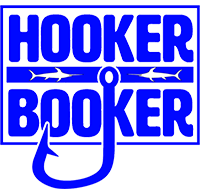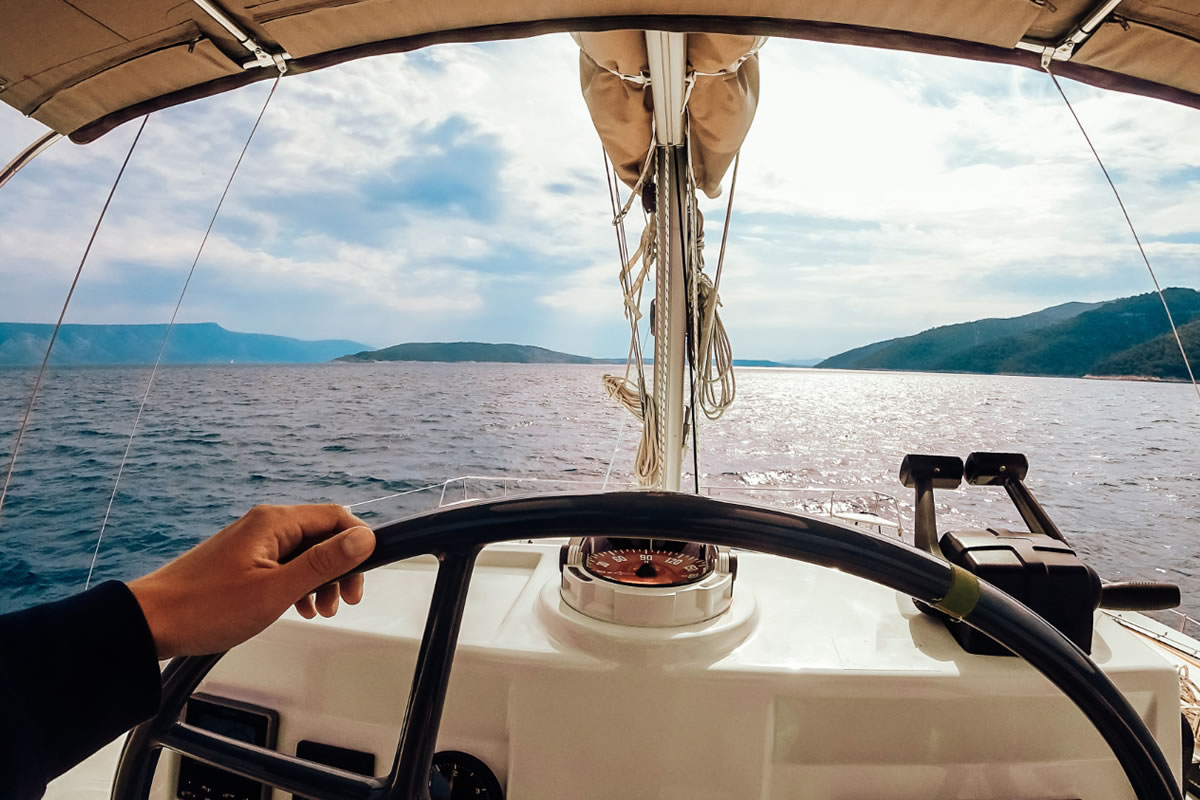With fuel prices at the pump hovering around the $4.00/gallon mark, many boaters are glad to keep their boats on trailers. But unfortunately, it costs $5.50/gallon to gas up a boat at the fuel dock in many places. So, like many other boaters, you’ve likely been looking for ways to improve your fuel efficiency and keep more cash in your wallet. Here’s what our experts on “backcountry fishing near me” came up with.
Stick with as lightweight a hull as you can.
Light hulls demand lower horsepower motors, and vessels like Parkers, Maritime Skiffs, Carolina Skiffs, Lund Alaskans, and the like aren’t cumbersome. There are two methods to save: the first is when you purchase a smaller outboard, and the second is when operating it.
Consider purchasing a four-stroke engine.
In addition to delivering better fuel efficiency, they’re likewise eco-friendly. Before technological advances, four-stroke engines weighed up to hundreds of pounds higher than a similarly-sized outboard motor. Today four-stroke engines weigh almost as much as two strokes, so if you’re considering repowering, inspect the four-stroke options.
Tune up your motor.
Be sure that any motor, whether a 2-stroke, 4-stroke, I/O, or inboard, is tuned up. The smoother they operate, the better the fuel efficiency. That means that you should replace your water filters and engine oil and reduce unit oil routinely – more frequently if you’re putting plenty of hours on your engine.
Ensure a smooth ride
Smooth hulls push through the water with tremendous ease, and there are several different ways to streamline your passage. Hulls should be comprehensively scraped and painted so they float through the water with minimal drag. Bent propellers, for example, should be straightened or replaced—trim tabs aid in flattening out your ride. And saltwater boaters do well in operating with the tides and the wind. Bucking a headwind and a solid current burns fuel but might not carry a boat very far.
Decrease your weight.
Clear any additional gear that you’re not utilizing. Not only does it add a mess, but it adds poundage. That stands for water in your boat’s bilge or storage. Water weighs approximately 8 pounds, so make sure you’re running as dry as possible to improve fuel efficiency.
Buy your fuel on land.
Finally, the cheapest fuel prices are on land. Occasionally carrying boats from your slip and filling them up at the gas pump is an uncomplicated way to conserve money. Or, if suitable, consider replenishing with a portable fuel pump. Some carry up to 25 gallons of fuel (approximately 200 pounds); if you can’t bring your craft to the savings, then get the savings to your vessel.
Follow these excellent tips for saving money on fuel for your boat. Then, visit our homepage to search out “backcountry fishing near me” and plan your next big fishing trip. We want to help you experience the best fishing trip possible!



Comment (0)